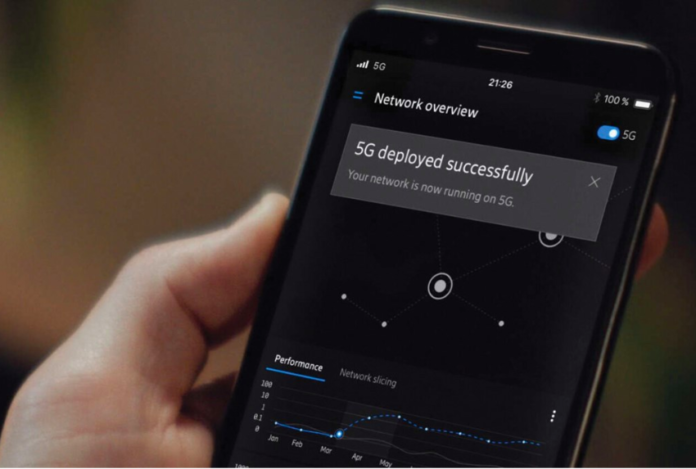Singtel has deployed the country’s first 5G standalone (SA) trial network at its 5G Garage testing facility, using 3.5GHz spectrum and Ericsson’s advanced Massive MIMO (Multiple-input multiple-output) technology to deliver ultra-fast speeds and low-latency or response times and provide enterprises with early access to 5G to develop and trial 5G solutions.
“COVID-19 has brought a new urgency to digital transformation for many sectors,” said Bill Chang, CEO of Group Enterprise at Singtel said. “Having unveiled our first 5G use case with our 24/7 unmanned pop-up retail store in September, our 5G SA trial network offers enterprises from across industries the opportunity to develop and test applications to accelerate automation and digitalisation. “
Chang said the launch of their 5G SA trial network is also an important step as Singtel gets ready for commercial 5G SA.
“We welcome enterprises to harness the power of 5G to future-proof their businesses and catalyse their digital transformation at 5G Garage,” he said.
Global cloud gaming provider, Ubitus, is the first enterprise to use Singtel’s 5G SA network for a 5G cloud gaming trial. The trial demonstrated a 5G cloud gaming experience that consistently delivered 85% lower latency of between 8 and 11 milliseconds compared to cloud gaming on 4G.
The trial was conducted on Singtel’s multi-access edge computing (MEC) platform which integrates 5G’s ultra-low latency and high bandwidth capabilities with powerful cloud computing performance. This allows rich graphics to be processed on dedicated servers and transferred directly to devices, significantly cutting lag times, which is critical to the gaming experience.
5G and MEC’s ability to integrate with technologies such as Internet of Things, analytics, robotics, artificial intelligence and augmented, virtual or mixed reality enables enterprises across industries to leverage the low latency in applications requiring little or no lag times. These include remote surgery, smart manufacturing, autonomous driving, remote robotic repair and maintenance and virtual reality-enabled live concerts.
By removing the need for data to be sent all the way to public clouds to be processed and sent back, MEC is not only able to better serve mission critical data connectivity, it also enables enterprises to optimise their total cost of ownership for hosting, dedicated link provisioning and data transfer.
















